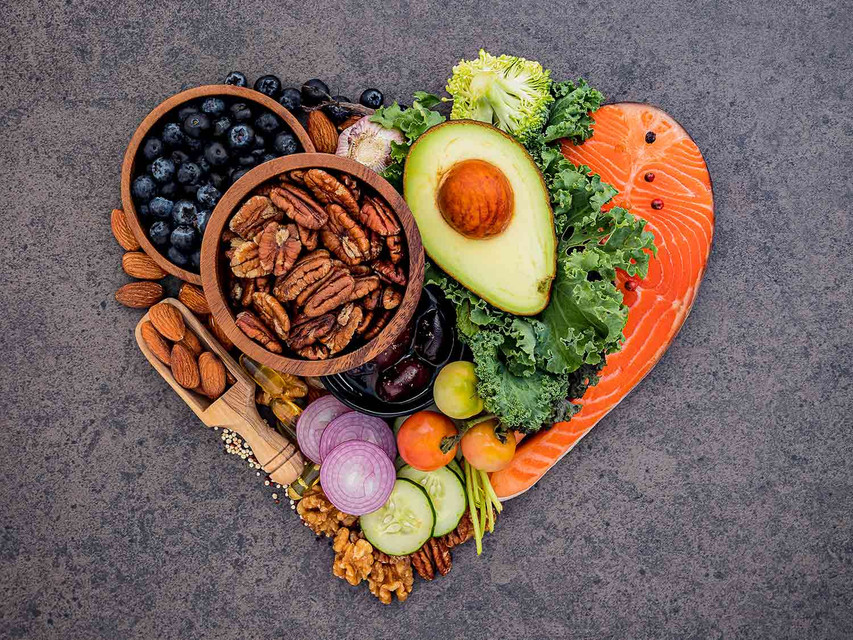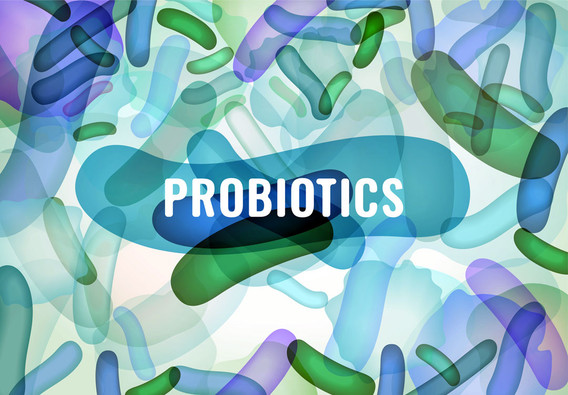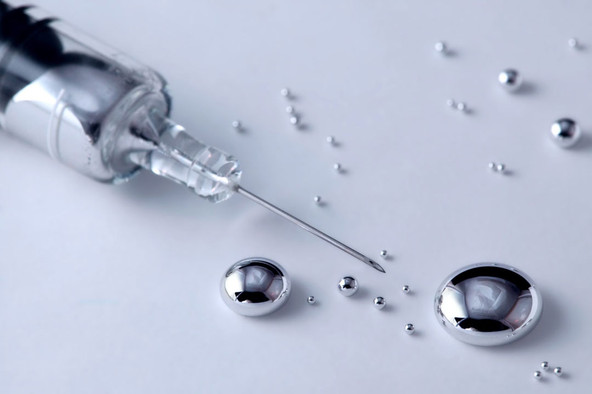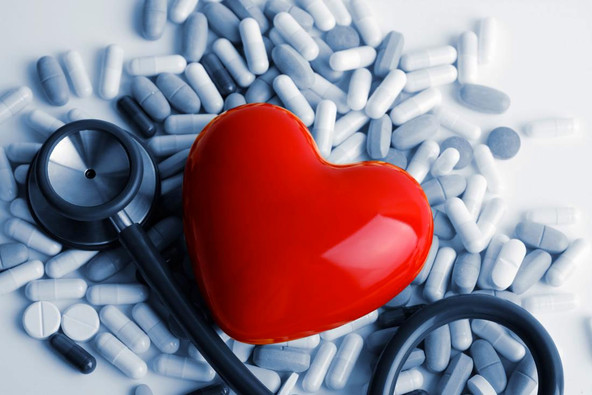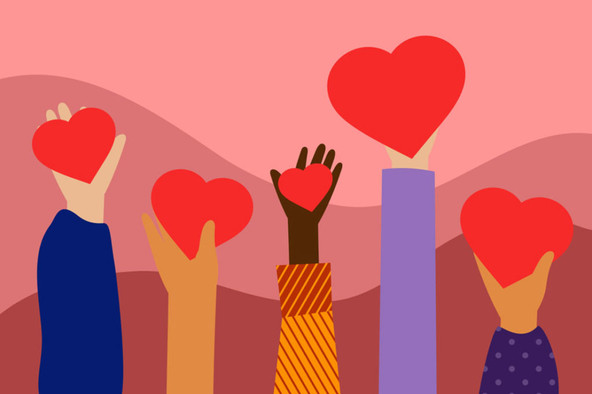Nov 3rd 2025
Antioxidants from Beyond Health
Oxidation in our bodies is a major cause of aging and disease. If you want to feel your best, avoid diseases down the line and maximize your healing potential, you need to keep oxidation under control. Fortunately antioxidants do just that. Antioxidants are compounds made by our bodies and derived from our diets or supplements that curtail oxidation and its damaging effects. Unfortunately, however, the oxidizing effects of stress, environmental pollution and other toxins, chronic illness and excess body fat that characterize modern life have multiplied our need for antioxidants, so that most of us are suffering from “oxidative stress”—meaning we don’t have enough antioxidants to manage our level of oxidation. For the vast majority antioxidant supplementation has become necessary. Taking an array of different antioxidant supplements is the best approach since they work somewhat differently, complement and synergize with each other, and regenerate each…
read more Fuel your life with the purest vitamins
Fuel your life with the purest vitamins
